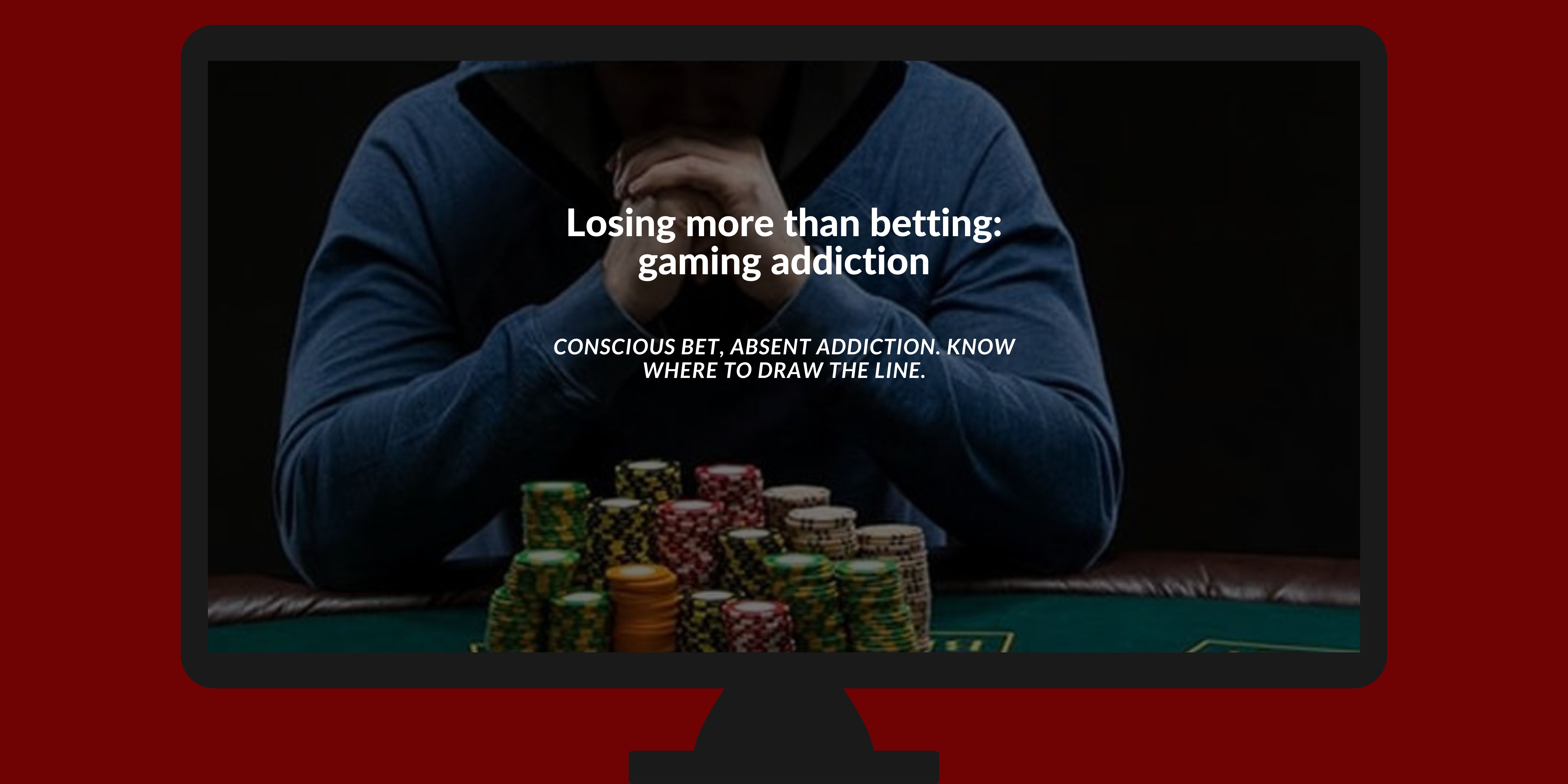

Addiction can lead to excessive and irresponsible gambling spending, resulting in significant financial losses. The continuous search for the thrill of gambling can lead to debt, negatively impacting financial stability and leading to serious consequences such as bankruptcy, loss of assets and personal problems.
.jpg)
The release of brain substances associated with pleasure creates an intense emotional response and leads to a constant search for this sensation. This results in compulsive behaviors, where the individual feels the uncontrollable need to continue playing, even facing negative consequences, leading to addiction.
.jpg)
Mental problems such as anxiety, depression, and mood disorders can be contributing factors to gambling addiction. Compulsive gambling is often a way of dealing with these mental problems, offering temporary escape from emotional difficulties, which can result in a vicious cycle of addiction.